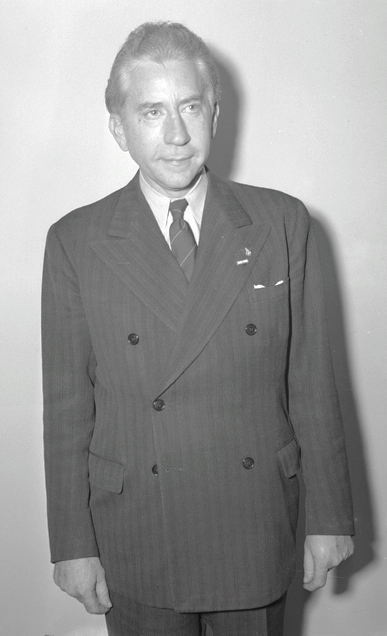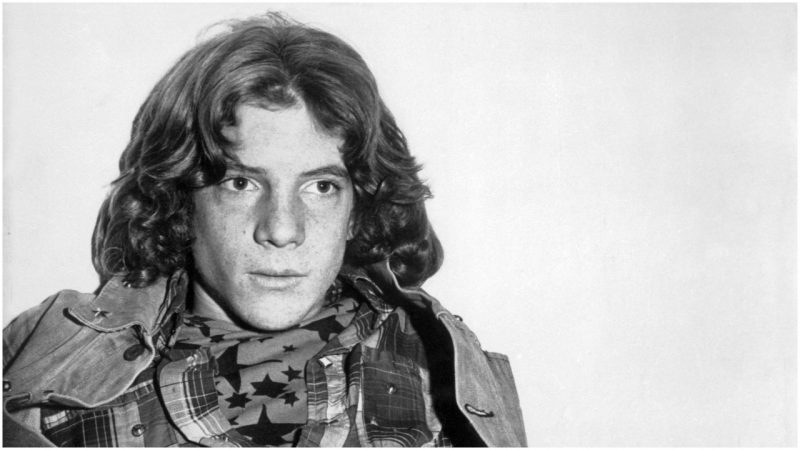When Italian gangsters abducted a grandson of the richest man in the world, they thought they’d seized an easy fortune. What they didn’t realize was the depth of J. Paul Getty’s stinginess. The oil baron billionaire flat-out refused the demand for ransom, saying, “I have 14 other grandchildren, and if I pay one penny now, then I’ll have 14 kidnapped grandchildren.”
After five months, Getty reluctantly agreed to contribute some cash to a reduced ransom—and to lend the balance at an interest rate of 4 percent to the boy’s parents—only after the gangsters had cut off his grandson’s ear and mailed it to a newspaper.
This shockingly sordid tale of 1970s greed and misfortune, which played out in newspapers, was recently revisited in the film All the Money in the World, starring Christopher Plummer as J. Paul Getty and Charlie Plummer (no relation) as his grandson. Christopher Plummer, who was a last-minute replacement for the disgraced Kevin Spacey, received an Academy Award nomination, becoming at age 88 the oldest ever acting Oscar nominee.
In 1973, John Paul Getty III was a 16-year-old living in Rome, having been expelled from a private high school. The long-haired Paul, as he was called, led the free-wheeling life of an untethered and privileged youth. He frequented nightclubs, participated in left-wing demonstrations, and sold paintings and hand-made jewelry to generate cash. The locals knew he was a Getty, and referred to him as “the golden hippie.”

On July 10, 1973, Paul went to a newsstand to buy a comic book when he was knocked out, blindfolded, wrestled into a car, and driven to a cave in southern Italy, where he was chained to a stake and kept for months. Two days after abducting Paul, the kidnappers called his mother, Gail Harris, to tell her they had her son. They sent her a ransom letter, a collage of words cut up from magazines, demanding around $17 million. They also sent her a letter written by their hostage, her son.
“Dear Mummy,” Paul wrote. “Since Monday I have fallen into the hands of kidnappers. Don’t let me be killed.”
Gail Harris, however, had no access to the Getty fortune. She’d been divorced from Paul’s father, John Paul Jr., for nearly a decade. John Jr. struggled with drug addiction, his second wife had recently died of a heroin overdose, and he’d retreated to England. His relationship with his rich father, J. Paul Getty, was strained.
When Gail told the kidnappers that she didn’t have that kind of money, they reportedly said, “Get it from London.”
Not only did J. Paul Getty refuse to pay the ransom, he believed at first, as did the local police, that it was all a hoax. They thought young Paul had staged his kidnapping as a way to extort money from the famously frugal billionaire. As the days turned into months, Paul’s disbelieving captors grew frustrated. “Who is this so-called grandfather?” one of them said to Gail, according to Painfully Rich: John Paul Getty and His Heirs, by John Pearson. “How can he leave his own flesh and blood in the plight that your poor son is in?”
After three months, the impatient thugs sliced off Paul’s ear and sent it, along with a lock of hair, to a Rome newspaper.
At that point, the American government became involved, and an ex-FBI agent negotiated the ransom down to $3 million. Gail turned to her father, a judge, for help securing the funds. Her father persuaded Getty to pay $2.2 million, an amount his lawyers assured him was tax deductible. Getty lent the balance, about $1 million, to his son at an annual interest rate of 4 percent.
Paul was released on December 15, malnourished, bruised, and missing an ear, according to the New York Times, which reported that nine men were arrested for the crime, but only two went to prison, acquitted for lack of evidence.
John Paul Getty III married a German photographer two years later, when he was 18. The couple moved to California, where they had a son, Balthazar, who would later become an actor. They then moved to New York, where they hung out with Andy Warhol’s crowd.
When J. Paul Getty died in 1976, he left his grandson nothing.
Paul struggled with drug and alcohol addictions. When he was just 25, he consumed a cocktail of drugs and drink that caused a stroke, leaving him partially blind, unable to speak, and a wheelchair-bound quadriplegic. His mother would care for him for the rest of his life. He was 54 when he died in 2011.
